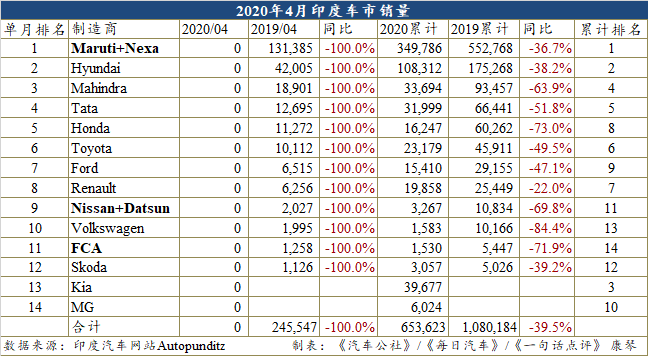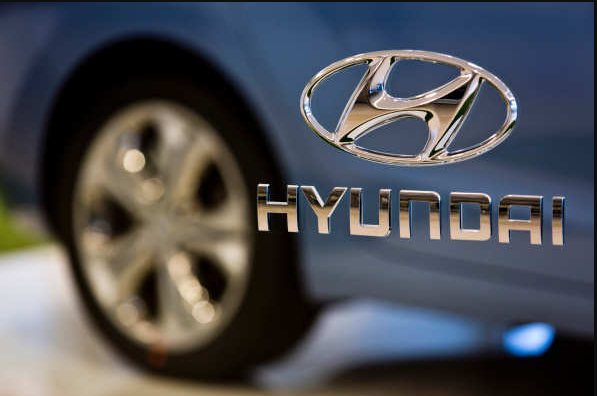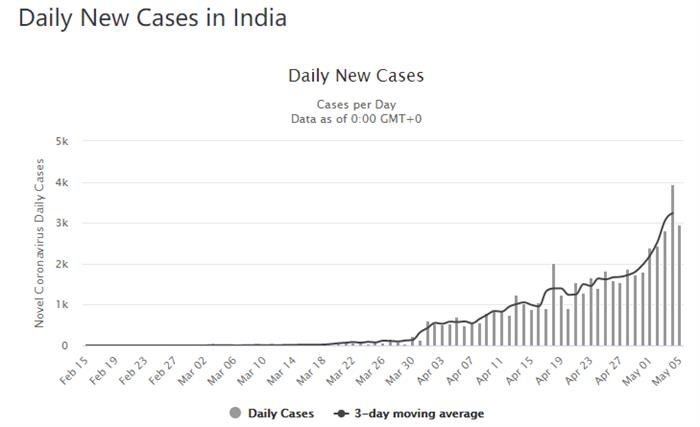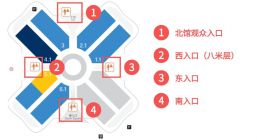Scan QRCode

It is not impossible that total sales in India will fall back to a decade ago this year.
Although the Indian car market was expected to be tough in early April, when it became clear that the outbreak was only in its early stages, it was not expected to be this brutal.
Since India has been under a relatively strict blockade throughout April, which led to shutdowns of auto factories and dealers, both wholesale sales purchased by dealers from auto manufacturers and terminal retail sales to consumers in this month were zero, down 100% year on year.
Wholesale passenger vehicle sales in India were 246,000 in April 2019, according to Autopunditz. While not the highest for the period, they were only down from 275,000 in 2017 and 295,000 in 2018 in recent years, bringing the total to 1.079 million in the first four months of last year.

This year, after three consecutive months of decline and no sales in April, combined with a high base of comparison last year, the cumulative year-on-year decline in the first four months reached 39.5%, and the total sales volume only closed at 653,623 units.
That was the lowest sales for the same period since 2010, and only slightly higher than the 582,916 cars sold in 2009, when fewer than 2m passenger cars were sold in India in the whole year. Even the more authoritative figure offered by the association of Indian automobile manufacturers (SIAM) is still low at 657,244.
Full-year sales may be lower than in 2010
Thanks to blockade caused serious influence on automobile industry, India's car industry body, India auto parts manufacturers association (ACMA), SIAM and Indian automobile dealers association (FADA) has joint letter to the government of India (MHA) of the ministry of the interior, wants to auto industry as a "basic service", and allows recovery from car manufacturers, suppliers, dealers, after market service to the normal operation of each link of the logistics transportation such as car industry chain.
According to the document, the auto industry generates annual sales of about $120 billion, accounting for roughly 7 percent of India's gross domestic product, contributes 49 percent to Indian manufacturing, directly or indirectly employs 3.7 million people, and exports $27 billion worth of cars and parts annually.

Ashish Harsharaj Kale, President of the Indian car dealers association FADA, said it was the first time in the history of Indian cars that sales had dropped to zero in a single month. Restoring business, he added, means the entire auto ecosystem must recover together, because automakers, dealers and component makers are interdependent and inseparable.
Although the Indian government had earlier postponed the date of lifting the ban from mid-april to early may, the situation has changed since April 15, when the previous focus on epidemic prevention was changed to focus on epidemic prevention and people's livelihood - known as phase 2.0 of the blockade. On April 20, the relaxed blockade policy officially came into effect, and some activities in non-worst-affected areas were resumed. However, all links of the automobile industry were not included in the "white list", which is why the joint application of the above mentioned institutions was made.
On May 1, India's government announced it would block period lengthen again on May 3, two weeks - by delayed to May 17 in the future, low risk areas will be allowed to aggressive easing measures, this marks a stage of blockade of 3.0, the green zone, a region should not present new infections) three consecutive weeks except that prohibited activities, other activities can be resumed.
In fact, even if the auto industry does recover somewhat in low-risk areas, there won't be much of a turnaround in production and sales because there are far fewer of them than in the areas most affected by the outbreak, and parts and sales don't work well together.

Gaurav Vangaal, associate director at IHS Markit, said India's car sales could fall 25-30 per cent this year, pushing it from the top five to sixth to seventh in the global rankings after South Korea or Mexico. Even lower than in 2010.
It's not impossible.
According to JATO data, India's passenger car sales in 2010 to 2.338 million, the total sales of 2.937 million vehicles last year, as of April of this year's passenger car sales in India has less than the same period last year more than 400000 cars, even if the last may to 9 again sharply lower made earlier this year a low base, but under the influence of the outbreak, this year sales of terror in the next few months are unable to return to 200000 and above levels, so eventually the year big probability will be less than 2.3 million units.
That is not the worst prediction. Car website Bestsellingcarsblog even predicts that sales in India will fall 30 per cent this year to 2.6m units.
Manufacturers and component suppliers are recovering
True, the Indian car industry is set for a tough year, with tough times for the carmakers involved, but with a few exceptions, such as hyundai and maruti suzuki, which relied on exports to generate some sales in April when there was no domestic turnover.

Hyundai motor India reported export sales of 1,341 vehicles in April, while maruti suzuki said it exported 632 vehicles in April. So far, they are the only two passenger car companies to announce export sales in April.
But with the dust settling on April sales, it's really about dealing with the present and the future. On April 22, maruti suzuki's plant in Manesar received approval from the local government to resume single-shift production, subject to the operational procedures required by the MHA and the local government. On April 27th the maruti suzuki Gurugram plant was allowed to return to work, reportedly to supply engines for cars made at the Manesar plant.
At the end of April, Chinese brand MG's Halo factory restarted production and production on a small scale. Hyundai announced it would also resume production at its Chennai plant on May 6. In addition, Honda, mahindra, tata and Toyota will resume production in early may, while ford and Volkswagen are likely to ramp up production in the second half of the month, according to people familiar with the matter.
But even if production resumes, most automakers say they are prepared to start at 20-30 per cent of capacity, given the lack of turnover in April, depending largely on how parts suppliers and the market recover.

Rajesh Goel, senior vice President and director of marketing and sales at Honda India, said earlier that although the Tapukara plant is located in the green zone, the actual production date has not been set and that most of the company's component suppliers and dealers are not yet operational.
Indeed, parts suppliers are slowly returning to production, following the carmakers' restarts.
At the end of April, Varroc Engineering, a maker of automotive lighting, received permission from authorities to resume operations at three of its plants on a smaller scale. At the same time, many auto parts makers, including Minda Industries, Varroc, Lumax, Pricol and Timken, have begun to resume some production.
Rajan, chairman of SIAM Wadhera has previously said that during the outbreak, all daily income of the Indian automobile industry loss of 23 billion rupees (about 2.15 billion yuan). So even with a partial return to work, automakers and parts suppliers will have to start operating again and hoping for an early resumption of sales.

In mid-april, researchers said the total number of covid-19 infections in India as of April 8 could be around 159,939, with 5,480 unofficially confirmed. But because official data are readily available, they are the only way to tell where the epidemic is headed in India.
In may, according to official data, India's daily new number continues to increase, obviously not judgment through the epidemic peak, May 17, so you can't expect all the region's blockade, India is part of the SARS epidemic region should continue to under stringent blockade, but compared to march the national "stagnation" status, less epidemic areas of production and life should be can to a certain degree of recovery, which is also improved by the auto market should be.
AMS2024 Exhibition Guide | Comprehensive Exhibition Guide, Don't Miss the Exciting Events Online and Offline
Notice on Holding the Rui'an Promotion Conference for the 2025 China (Rui'an) International Automobile and Motorcycle Parts Exhibition
On September 5th, we invite you to join us at the Wenzhou Auto Parts Exhibition on a journey to trace the origin of the Auto Parts City, as per the invitation from the purchaser!
Hot Booking | AAPEX 2024- Professional Exhibition Channel for Entering the North American Auto Parts Market
The wind is just right, Qianchuan Hui! Looking forward to working with you at the 2024 Wenzhou Auto Parts Exhibition and composing a new chapter!
Live up to Shaohua | Wenzhou Auto Parts Exhibition, these wonderful moments are worth remembering!
Free support line!
Email Support!
Working Days/Hours!





